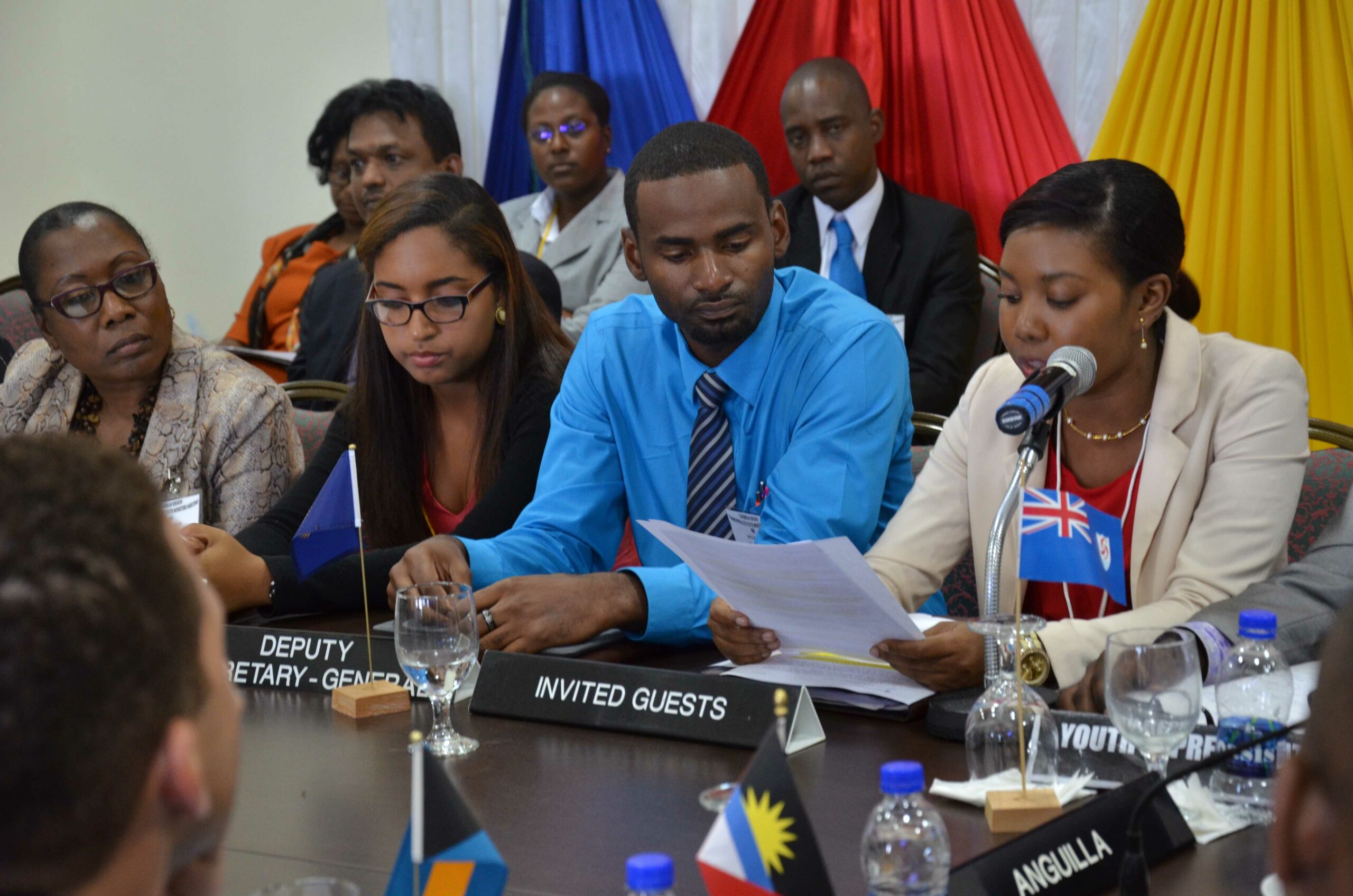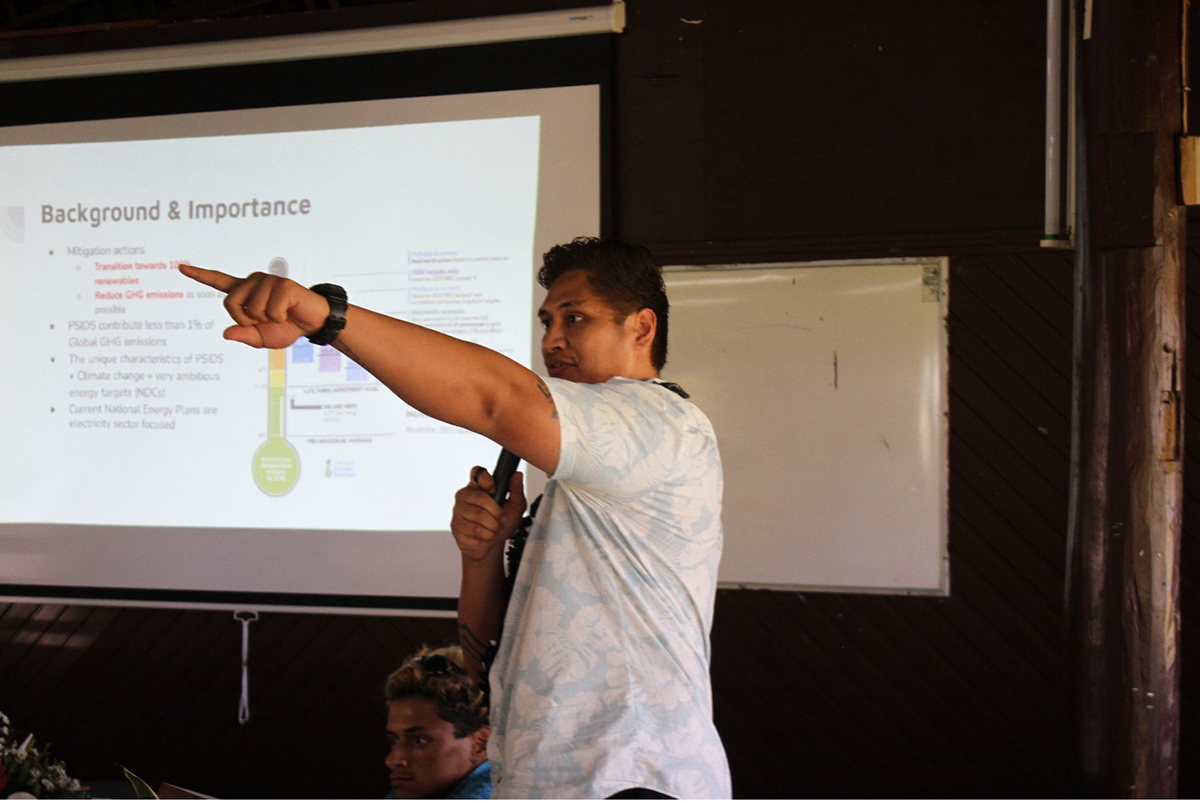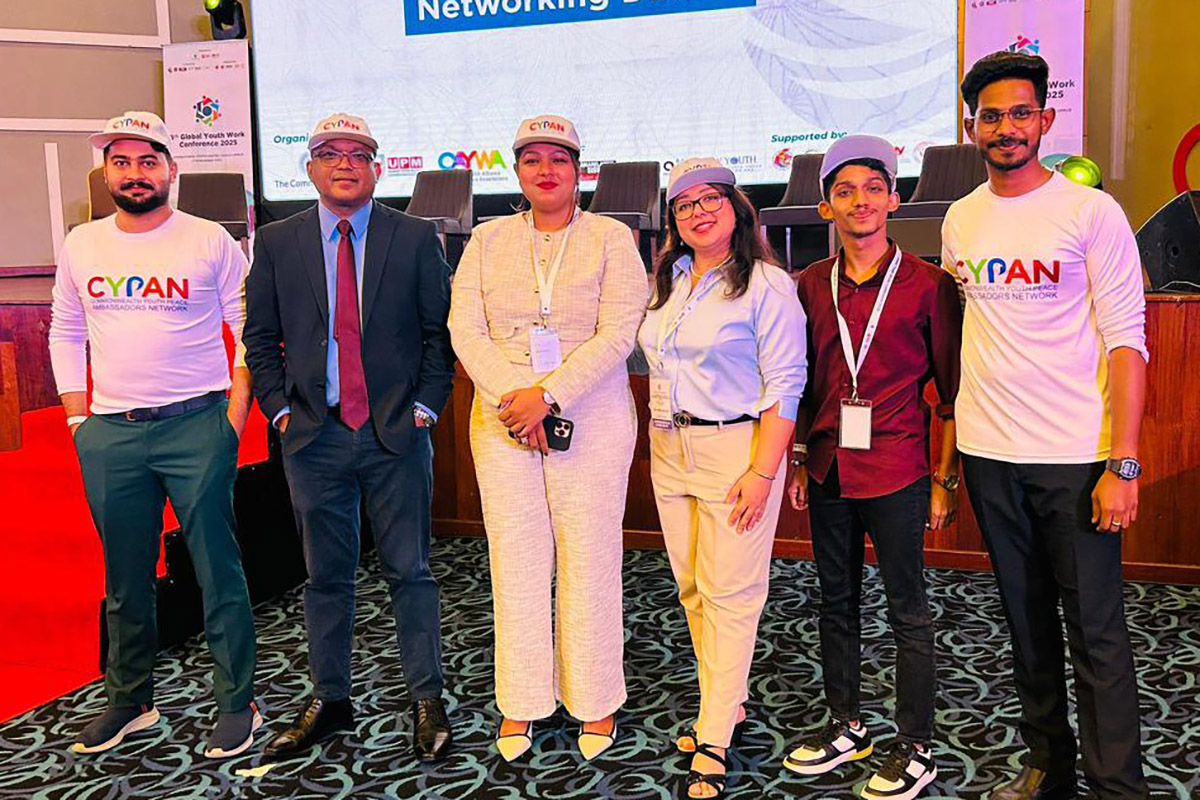If not now, when?
September 23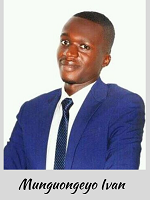
From climate change to other pressing societal problems, young people are making their voices heard. In countries like Uganda, where almost three-quarters of the population are under 30 years old, young people can no longer be ignored, writes 25-year-old Commonwealth Correspondent Munguongeyo Ivan from Kampala, Uganda.
On September 20, millions of young people across the globe took to the streets to demand that governments and politicians act on climate change. The global action was led, not by an adult, but by 16-year-old Greta Thunberg. This sent a message to world leaders that young people are politically aware.
Yet in Uganda, young people are often excluded or overlooked as political candidates. Politics is regarded as a space for the politically experienced, while young people are systematically marginalized because of their age, limited opportunities and lack of exposure. Consequently, they feel politically disempowered and their voices are not adequately represented.
Young people are the future and are critical to attaining the socio-economic and political stability of the country. But they can only play this role if there are conducive policies to promote engagement in democratic processes. Young people need support, guidance and mentorship by both the state and non-state actors to achieve national development and Uganda’s Vision 2040.
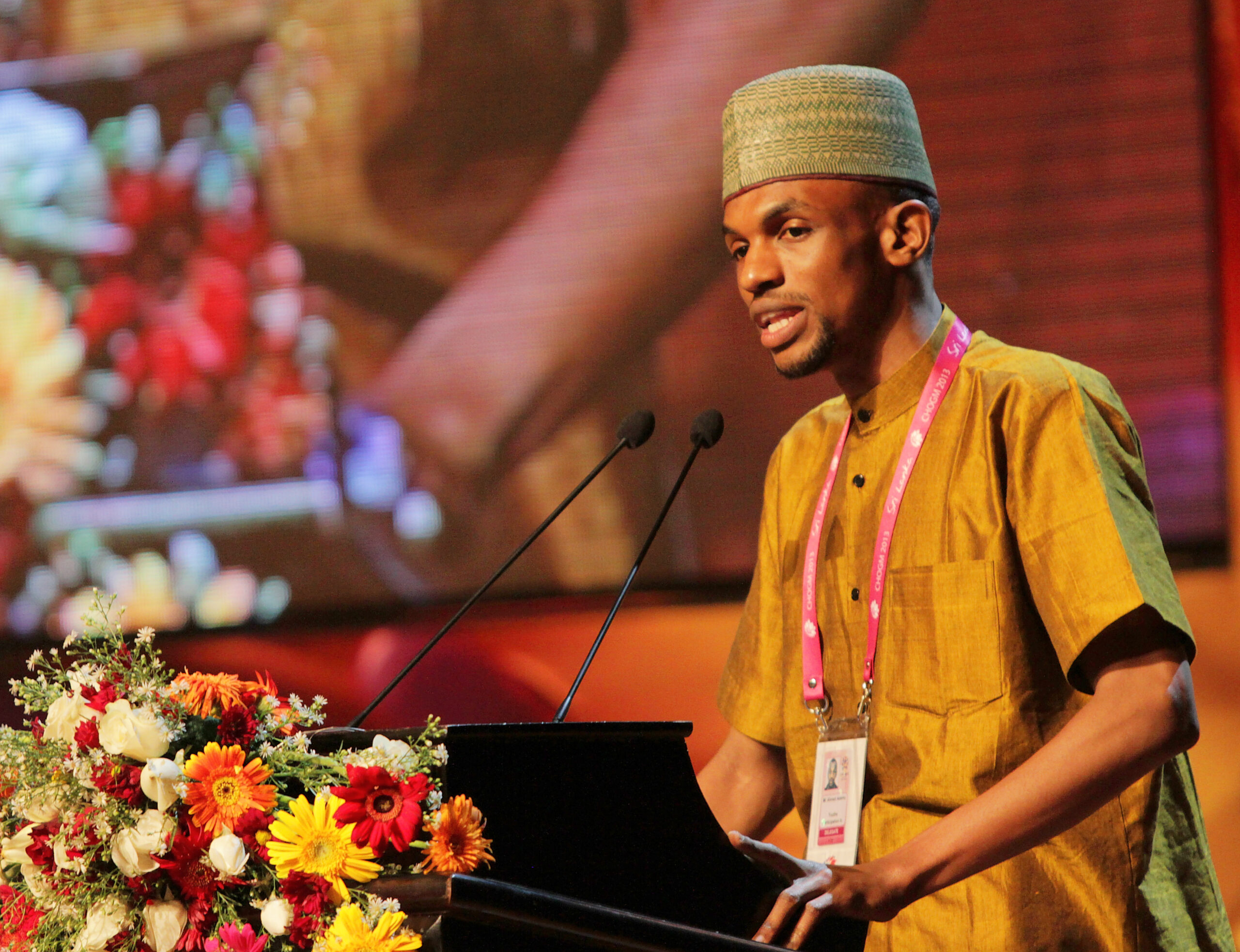
We may recall the Arab Spring between 2010-2012, a series of social and political uprisings in North Africa and the Middle East led by the population. Protestors demanded, among other things, the ability to participate in a democratic process to elect their government, as well as equal representation in government. The use of social media, mobilization by young people, and their innovative ideas resulted in various socio-economic and political changes in the Arab world.
Young people in Uganda today face many daunting challenges in their pursuit to become active citizens. They are excluded from important decision-making processes. More often than not, the government and policymakers are reluctant to include youth in formal political systems and consultations. The National Youth Council of Uganda is in place but has a long way to go in achieving youth political representation.
Unemployment rates are alarming, which worsens young people’s predicament. The hopelessness and helplessness young people feel is the reason why most of them turn to violence instead of harnessing their strength, ideas and time to effect positive change in their communities. Nowadays, it is common to find Ugandan youth drawn into gangs and other criminal activities. This could be a response to their marginalization and social and economic exclusion.
“A society that cuts itself off from its youth severs its lifeline; it is condemned to bleed to death.” – Kofi Annan
As citizens, young people have a stake in the country and in government. They are entitled to hold the state and its decision-makers accountable for their duties and performance. They should be included in decision-making processes, particularly on issues that affect their lives directly, for example, quality education, and broader issues such as fighting corruption or misuse of state resources, which have a bearing on all aspects of public life and service delivery.
According to the UNDP, barriers to youth political participation occur at the three levels. At individual level, barriers include the lack of technical skills and motivation to participate in formal and adult-led processes. At organizational level, formal political organizations such as parties, rules and procedures do not favour the inclusion of youth. At environmental level, structural constraints may include a high eligibility age to contest for elections as well as cultural or social norms.
To achieve youth political inclusion, we should address these challenges and pay attention to the difference between meaningful youth political participation and token inclusion or pseudo-participatory activities. This is because many activities claiming to foster youth participation do not effectively give young people a voice and influence.
In the words of Kofi Annan, Former Secretary-General of the United Nations: “No one is born a good citizen; no nation is born a democracy. Rather, both are processes that continue to evolve over a lifetime. Young people must be included from birth. A society that cuts itself off from its youth severs its lifeline; it is condemned to bleed to death.”
Photo Credit: The Commonwealth
…………………………………………………………………………………………………………………
About me: I am Munguongeyo Ivan, 25, from Kampala, Uganda. I am a graduate student at Makerere University. I am passionate about rural change and transformation, youth empowerment, gender equality and women empowerment.
…………………………………………………………………………………………………………………
Opinions expressed in this article are those of the author and do not necessarily represent the views of the Commonwealth Youth Programme. Articles are published in a spirit of dialogue, respect and understanding. If you disagree, why not submit a response?
To learn more about becoming a Commonwealth Correspondent please visit: http://www.yourcommonwealth.org/submit-articles/…………………………………………………………………………………………………………………
